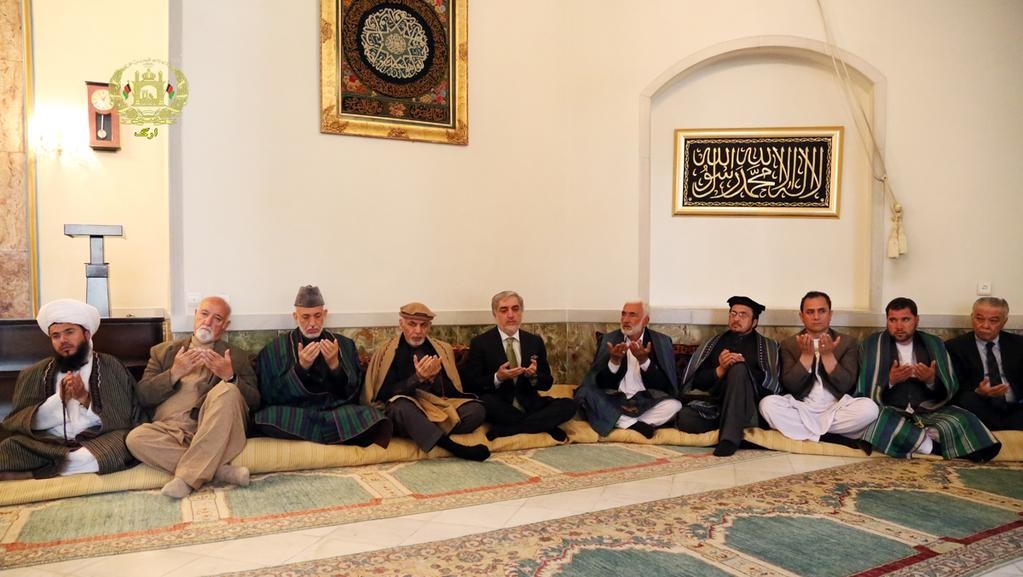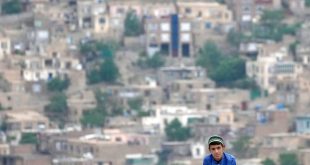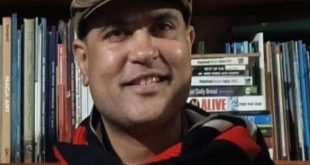It is high time for the two leaders of the National Unity Government (NUG), to put their differences aside and explore ways to work together and steer the country forward in the right direction, because there is a flood of challenges and their differences are showing no signs of ending.
The entire nation has been feeling blue about their differences. Confidence of the nation is melting steadily and reputation of the government has already dropped to subzero. Their differences have set the rumor mills churning while providing an opportunity to the people, who don’t want peace and development to thrive in the country, to spew different conspiracy theories. So why not to bury the hatchet? The schism is shrinking as Mohammad Khan Mohammad Khan, the First Deputy of CEO Abdullah Abdullah, said Sunday the NUG’s leaders were close to reaching an agreement over the electoral reforms commission. Yet he added that disagreement between the President and the Chief Executive was still something holding up the process. He said President Ashraf Ghani and the Chief Executive haven’t reached an agreement just on one thing. And this is the head of the commission. What is worth appreciation is he looked confident as he said the much-awaited commission would start its work soon.
The electoral reforms dispute widened when Abdullah Abdullah drew a line in the sand and said that the upcoming parliamentary elections must not be held unless substantial electoral reforms are introduced. Abdullah vociferously criticized weaknesses in the electoral system during his presidential bid in 2014.
The President doesn’t say he will not reform the electoral system, but the problem is appointing people from the two camps—President Ghani and Chief Executive Abdullah Abdullah. The special electoral reforms commission couldn’t formally start its work on time because of the differences between the two leaders. Therefore, the reforms process pulled into different directions.
The problem is both the leaders want future elections fully credible and the electoral system—institutions and laws, need a sweeping reform and changes, yet the difference over pity matters is quite dismaying. The apparent objective of the government looked to be is to implement electoral reform before the 2015 parliamentary elections, however, President Ghani extended the term of the current Parliament, which sparked debate over its legality. When the cause of objective is larger and sacred, differences cannot remain for longer, but when personal gains and egos intervene, even larger and sacred objectives started looking trivial. And unfortunately the same is happening.
First, it was said the formation of the commission was delayed because of the delay in the formation of the cabinet, but now that the cabinet is almost complete, why the delay in making the commission functional?
Not touching upon how their differences will affect the general publics’ confidence in the current political setup, even its implications have been felt on security situation. Since the start of the Taliban’s Spring Offensive in April, the country has witnessed a steady rise in militancy where some of the districts in provinces, especially in the north, fell to the insurgents. Given the current security situation, sagging confidence of the general public in the government, now it is up to the two leaders, whether they want to protect the country from sliding into a spiraling crisis or let the country descend into an irreparable chaos.
 Afghanistan Times
Afghanistan Times


